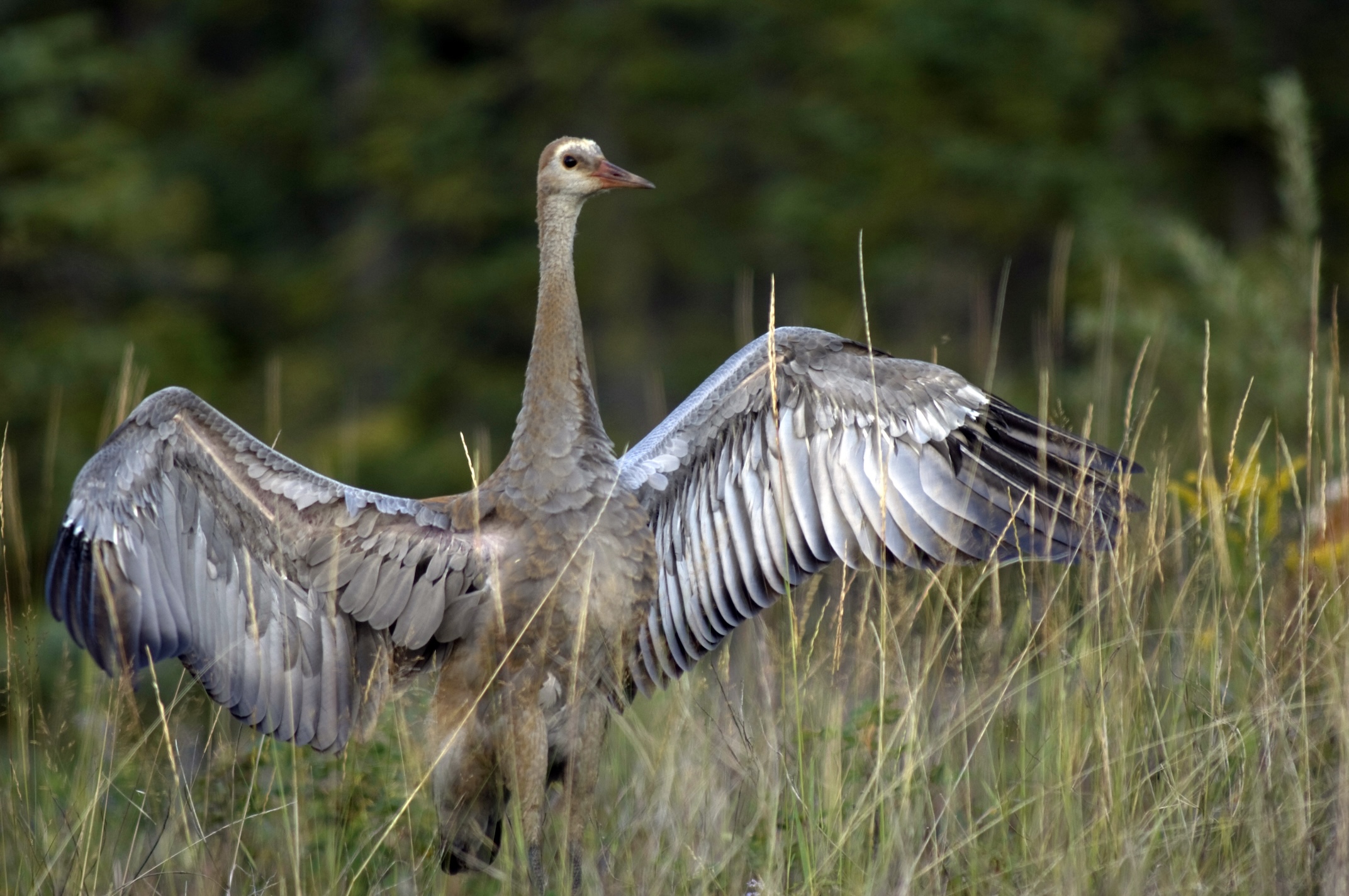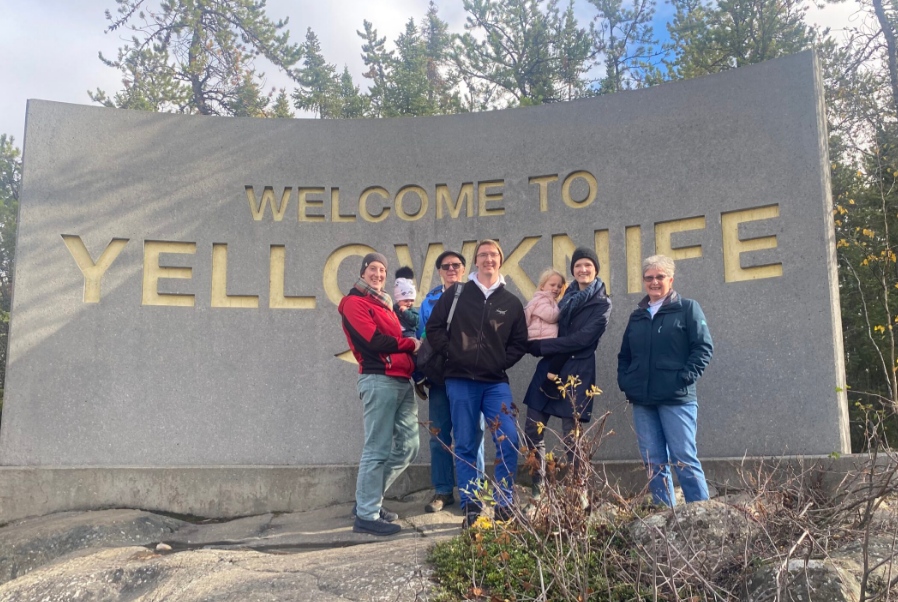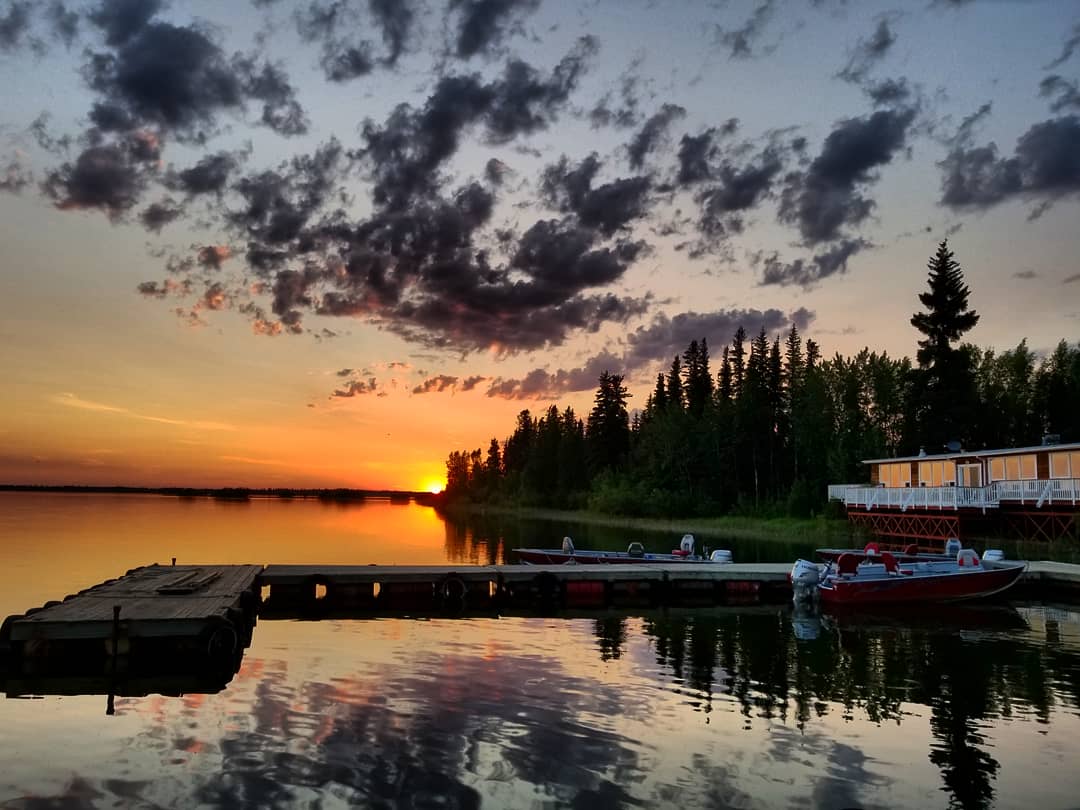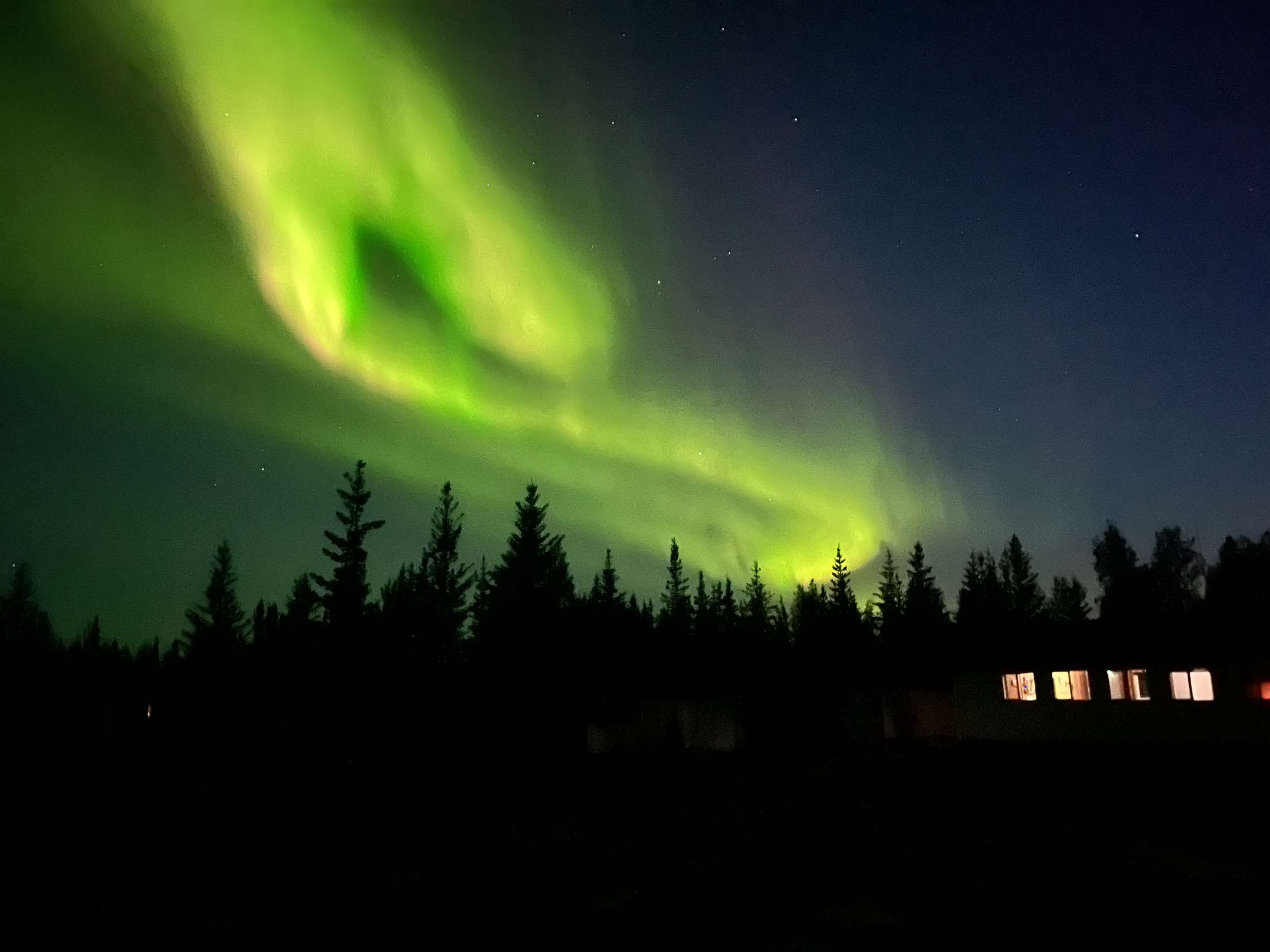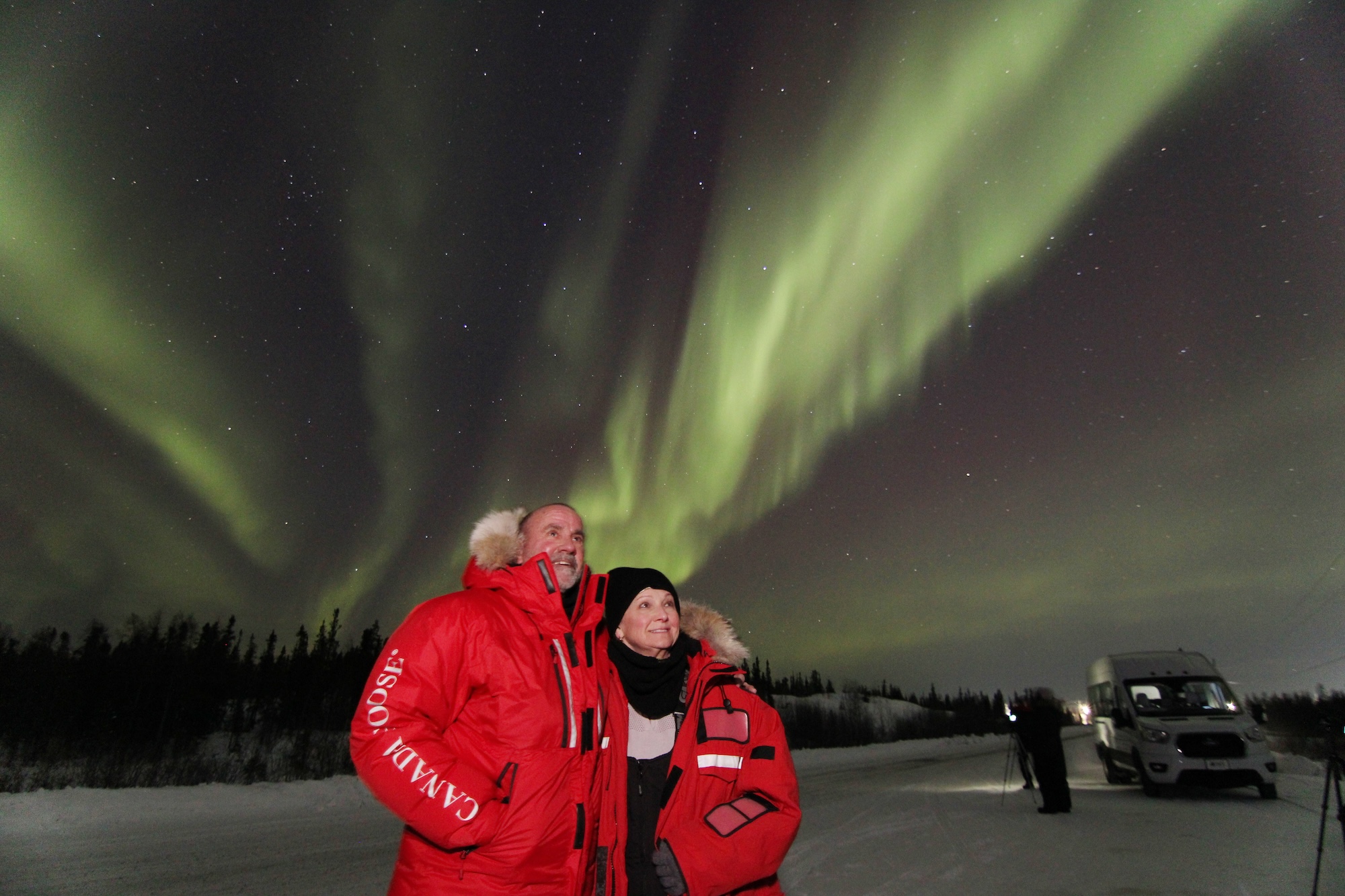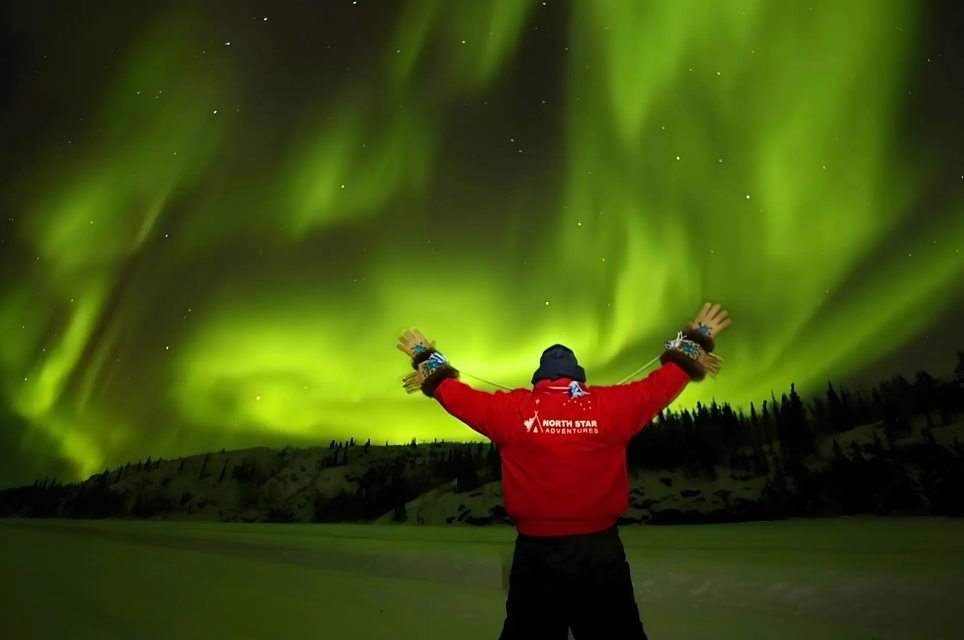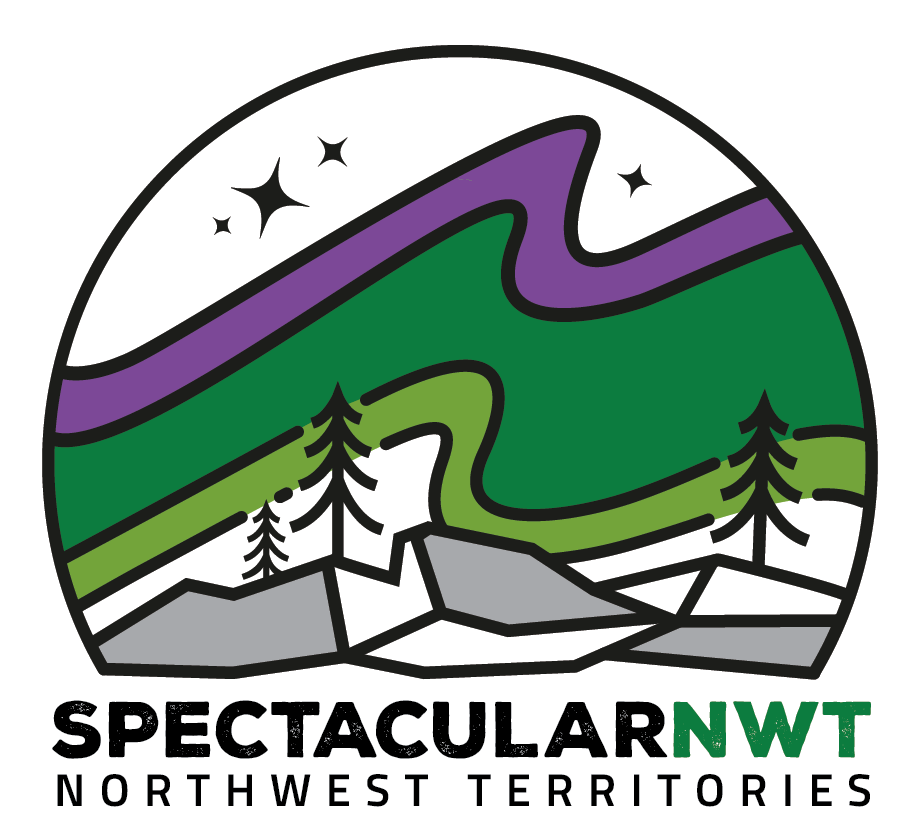Each spring, millions of birds migrate to the Northwest Territories to feed, breed, and raise their young, making it one of the most remarkable places for birdwatching in Canada. They join hardy resident species that thrive year-round, creating a landscape alive with wings and song. With more than 280 species recorded, the NWT is a paradise for birdwatchers. From Arctic islands to boreal forests, birders can spot everything from rare cranes to tundra owls in one of the wildest birding destinations.



